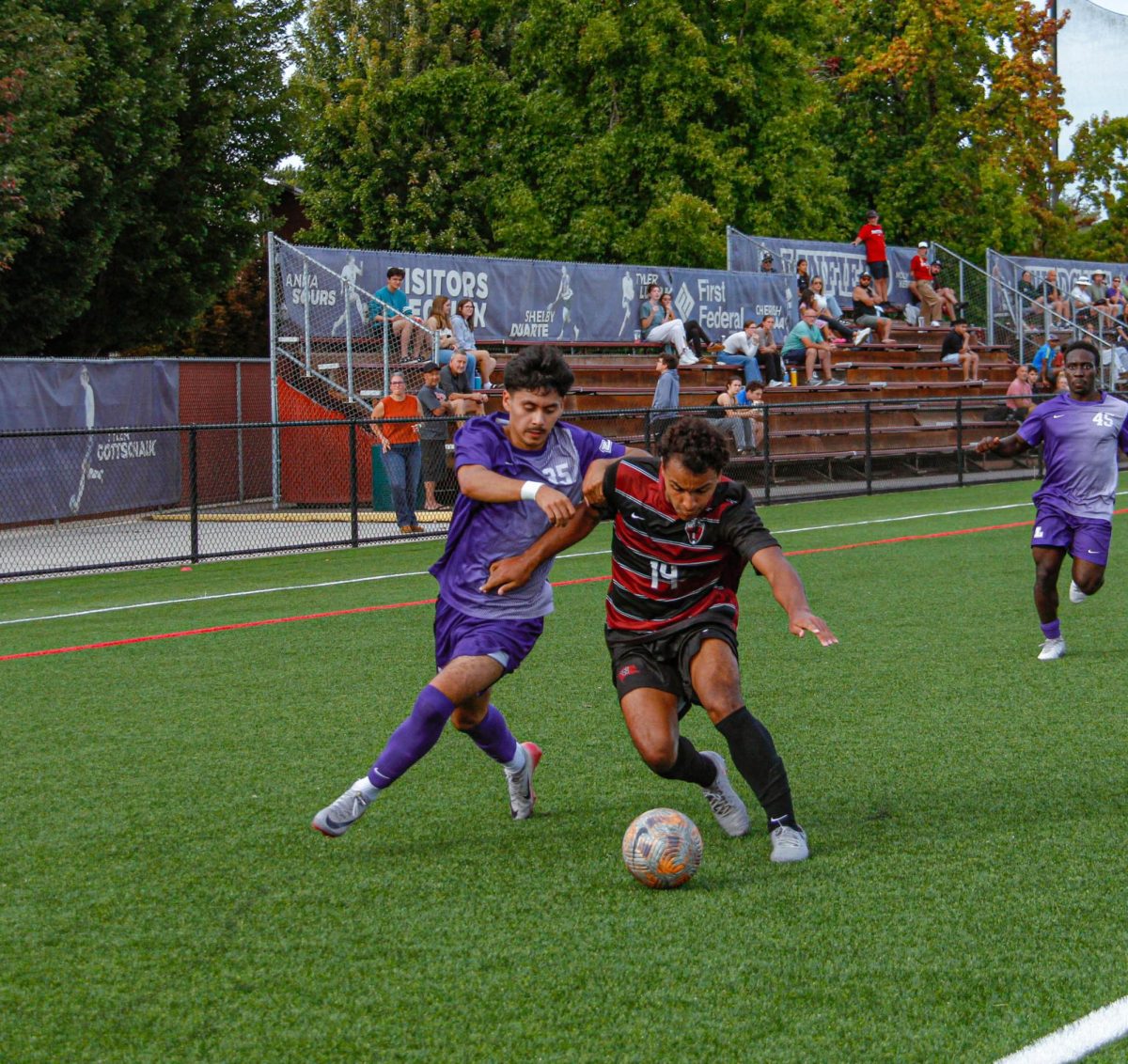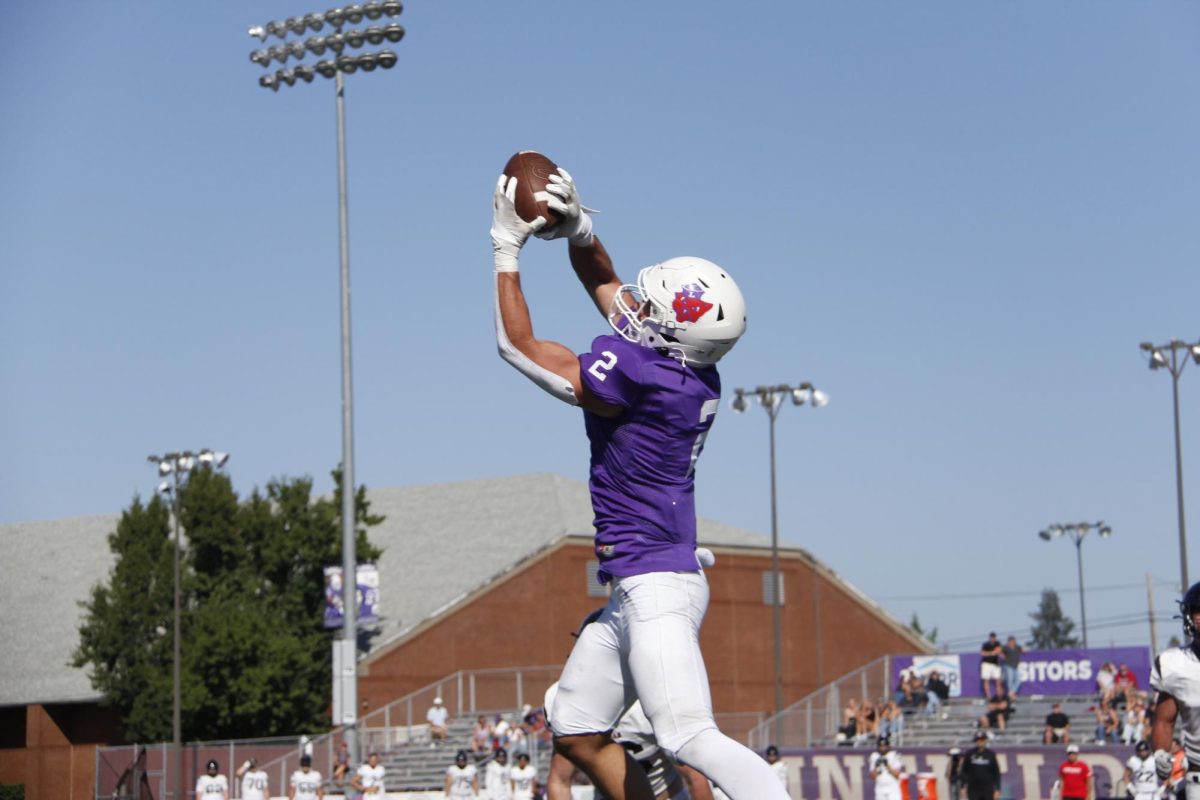From Sunday NFL football to March Madness, fantasy sports and betting have become a large part in how people watch and participate in sports. What used to be about cheering for a team you like is now about strategically planning a parlay or fantasy team. For many, the experience of watching sports has changed dramatically with the rise of new technology.
Freshman football player and exercise science major Wyatt Abrigo said fantasy football, rather than money betting, influences his sports watching habits.
“If I have a dude on the Seahawks, then I’ll turn on the game,” said Abrigo. “If not, I probably won’t watch.”
The difference between fantasy sports and sports betting can be hard to determine since they both involve the outcome of sports events as well as a winning prize. But their differences lie in their different rules.
In fantasy, participants select a team of individual players based on their performance statistics from previous years. By competing against other participants and their carefully selected team, the goal is to rack up as many points as possible through each of your players.
State and federal laws do not define fantasy sports as gambling since The Unlawful Internet Gambling Enforcement Act of 2006 explicitly excludes fantasy sports from gambling laws. The result of a fantasy season could be a money prize, but it could also be deciding the consequence for the losing team.
Sports betting became a state-by-state regulation after the Supreme Court ruling to legalize the industry in 2018. Typically, a wager is placed on a specific player or game outcome, such as the final score or how many rushing yards a player has. Across Linfield’s campus, Yahoo was the most popular betting app used amongst students.
Sports betting is sparking debate about whether it is just casual entertainment or a gateway into more intense gambling habits.
“I know it can be harmful, but as long as it’s not invading other parts of your life it’s fine,” said freshman football player and pre-med student Lake Christensen.
The NCAA Bylaw 10.3 prohibits college athletes and coaches from participating in any type of sports gambling activities. This includes professional sports. Punishment by the NCAA for breaking one of their rules is determined case-by-case, some violations resulting in a player losing half of their season.
“I think it’s fine, you shouldn’t be able to bet on or against your team,” Abrigo said.
There have been questions regarding the relationship between gender and sports betting. Some wonder if the popularity in the subject fluctuates across genders.
“I feel like I know a lot more guys our age who do it,” said freshman nursing major Anna Walsh.
Alex Sherwood, who is also a freshman nursing major agreed with Walsh’s stance on the relationship between gender and sports betting.
“I don’t bet except when I’m with my family,” Sherwood said. “The Super Bowl and March Madness make everyone more eager to join in.”
As fantasy sports and betting continue to grow more popular, students are determining where they fit into the culture. Whether it’s the excitement of a game-winning touchdown or the disappointment over a losing parlay, the new ways of experiencing games have changed the way people interact with sports.








Natalee L • Sep 22, 2025 at 7:43 pm
Very great article!